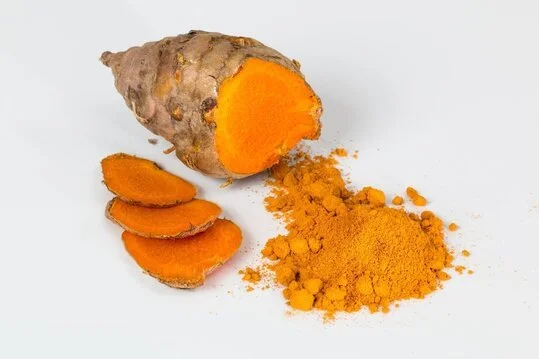Integrative Medicine and the Treatment of Knee Osteoarthritis
Effectiveness of turmeric and tuina therapies
WHAT IS THE ROLE OF INTEGRATIVE MEDICINE IN KNEE OSTEOARTHRITIS?
Let's take a brief look at two recent articles. The Annals of Internal Medicine published Effectiveness of Curcuma longa Extract for the Treatment of Symptoms and Effusion–Synovitis of Knee Osteoarthritis (Wang, Jones, et al.) in 2020. And in my Chinese/English medical translation practice, I translated the 2022 article Tuina Prevents Deep Vein Thrombosis of the Lower Limbs after Total Knee Arthroplasty (Zhao, Xu, et al., 中国组织工程研究 Chinese Journal of Tissue Engineering Research).
STUDY CONCLUSIONS
In the Annals of Internal Medicine study, Cucurma longa (turmeric) extract was more effective than placebo for knee pain but did not affect knee effusion–synovitis or cartilage composition. In the Chinese Journal of Tissue Engineering Research article, common femoral vein index (the primary observation indicator) in the tuina group was lower than in the control group, demonstrating that lower limb point-pressure therapy at the Shu transporting points was able to reduce common femoral vein stasis after total knee arthroplasty — improving blood flow in the lower limbs after knee replacement and reducing the risk of thrombus formation. Other indicators, such as D-dimer value and pressure pain threshold, were also improved in the tuina group relative to the control group.
Sample size in both studies was relatively small. Larger clinical trials are needed to confirm results. Information in this blog is presented for educational purposes only. Not intended to diagnose, treat, cure, or prevent any disease. The use of herbal preparations is not recommended without seeking the advice of a healthcare professional. Substances in herbal preparations may interact with prescription drugs to eliminate therapeutic efficacy or induce toxicity.
A NOTE ABOUT THE ROLE OF EXERCISE
The article Mechanical Loading Inhibits Cartilage Inflammatory Signaling via an HDAC6 and IFT-Dependent Mechanism Regulating Primary Cilia Elongation by Fu et al. (published in the journal Osteoarthritis and Cartilage) illustrated for the first time how mechanical forces experienced by cells in joints during exercise prevent cartilage degradation by suppressing the action of inflammatory molecules which cause osteoarthritis — showing how exercise helps prevent cartilage damage caused by arthritis.
The 2019 American College of Rheumatology/Arthritis Foundation Guideline strongly recommends exercise as first-line management for knee and hip osteoarthritis. Exercise for knee osteoarthritis strengthens muscle around the knee, improves joint stability and alignment, reduces stiffness and maintains mobility, helps with pain management, improves overall function and quality of life, and protects long-term joint health.


